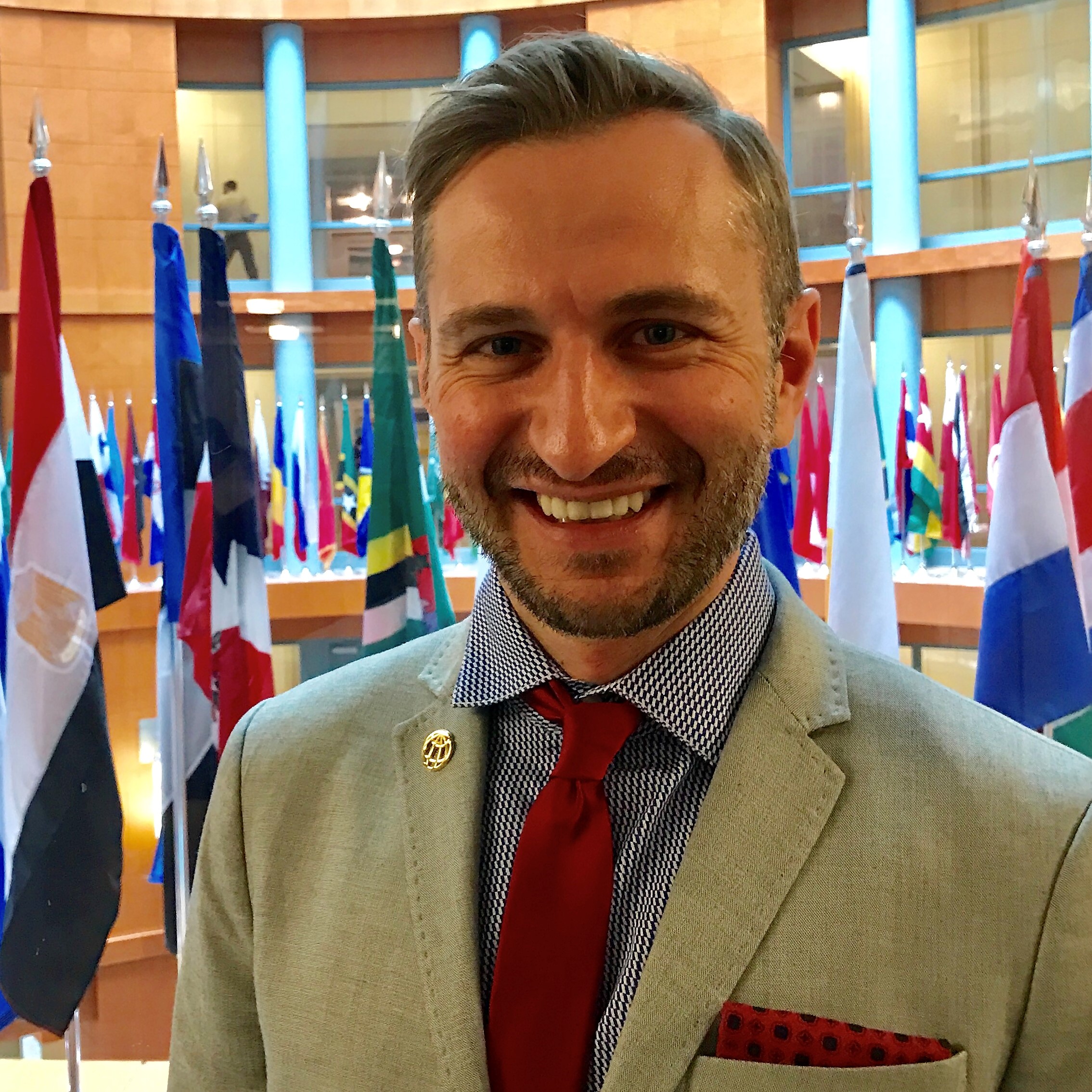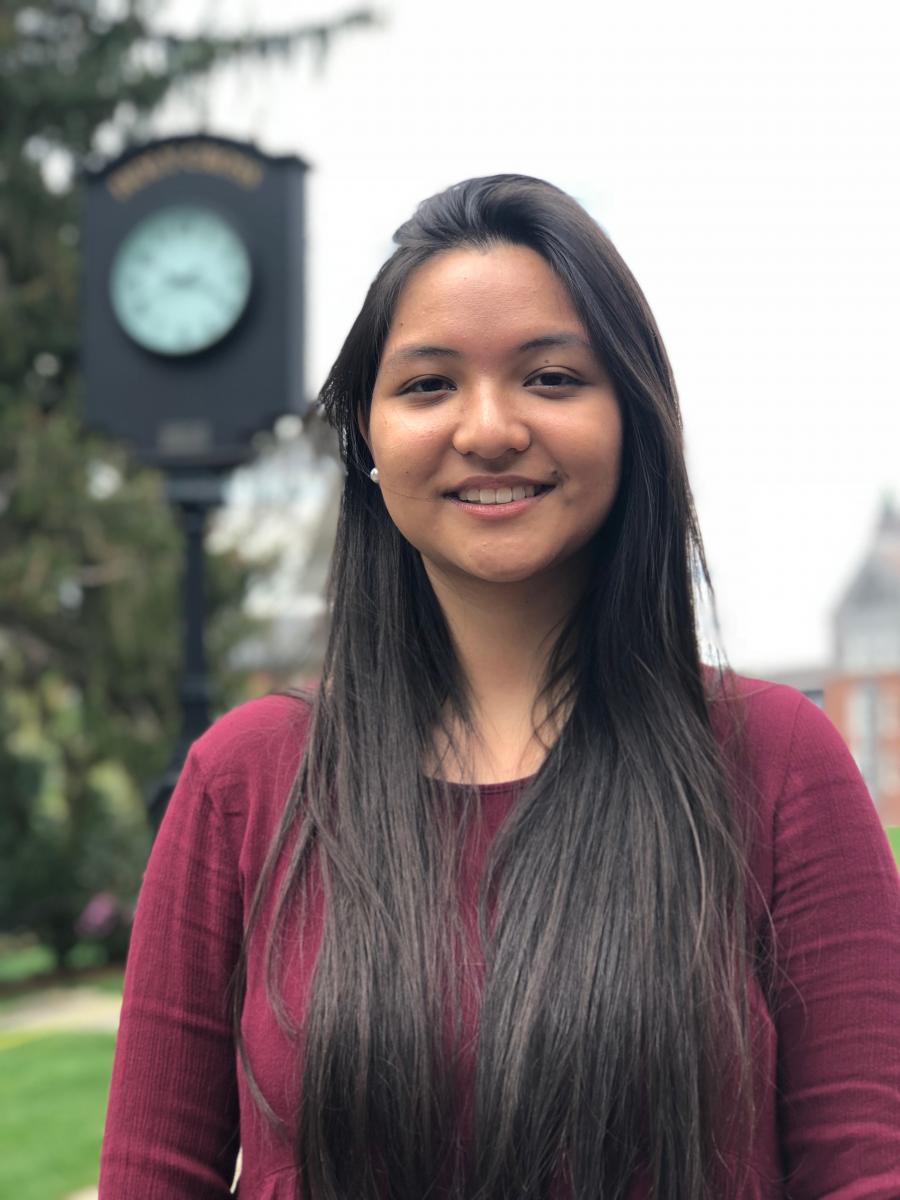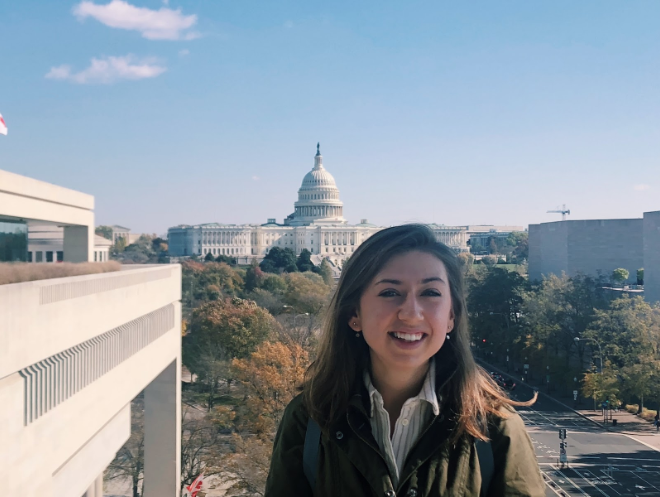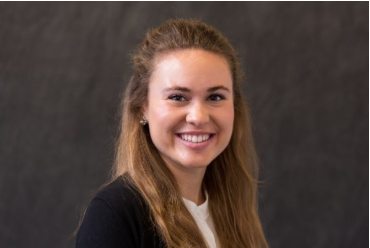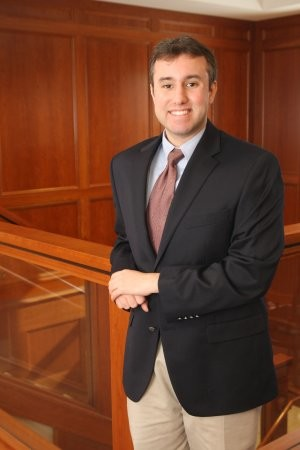
Name: Devin A. Brown
Class Year: 2012
Title: Private Equity Investment Professional
Organization Name: Kelso & Company
1. In one sentence, what does your job entail?
At Kelso & Co, I am responsible for all aspects of deal screening/evaluation, execution, and post-transaction portfolio company management including, initial investment screening and evaluation, financial modeling and valuation, due diligence, transaction structuring, and portfolio company management.
2. What planned and unplanned events connected you to your industry and your first employer after Holy Cross? How did you learn/decide it was a good fit for you?
One of the benefits of attending Holy Cross was the diverse student body. This allowed me to glean perspectives from students who pursued opportunities in a broad array of industries and fields. I kept an open mind, asked questions, and once I had enough insight to develop my own perspectives, I began reaching out to Holy Cross alumni in my specific field of interest. The key here was keeping an open mind and not being afraid to ask questions. My first tangible experiencing was developed through an alumnus that allowed me to shadow him for a day at Morgan Stanley. I was able to spend time observing the environment, analyzing the temperament of employees, etc. which ultimately helped me decide whether the job would be a good fit. While I did not end up at Morgan Stanley, I did accept a similar position at Wellington Management.
3. What were you involved in when you were on campus?
I was a member of the Men’s Varsity Basketball Team and the Student Athletic Association. I also participated in the Summer Business Program and Finance Boot Camp.
4. What was your major and how did it affect your career decisions?
At Holy Cross, I majored in Psychology. As an individual with a passion for building and cultivating relationships, the Psychology major was a means to enhance a natural interpersonal skill set and interest in the mind and behavior. Despite my major, I intended to pursue a career in the financial services industry. In order to accomplish this, I knew that demonstrating and supporting my interest in financial services would be critical. As such, I supplemented my major with business-related courses such as Economics and Financial Accounting and business-related clubs and activities such as the Holy Cross Summer Business Program and the Finance Boot Camp. This combination allowed me to speak to my soft and technical skill-sets, both of which are critical in the financial services industry.
5. What are one or two skills that you developed at Holy Cross that you use in your work?
In Private Equity, how do you decide whether to acquire a company? Or how much to pay? Once you acquire the company, how do you decide whether to expand the Company’s operations into a new region? Which region(s)? How do you decide to build a new product? To add a new service? To charge more or less for a product or service? To close down a manufacturing plant? These are types of decisions that Private Equity professionals make on a daily-basis. To do this successfully, one must be able to think critically and analytically. Holy Cross taught me to do both. Holy Cross challenged me to think outside of the box, to approach topics from new angles, to venture outside of my comfort zone, and to examine the causes and effects of my actions and the actions of others. Most importantly, Holy Cross taught me to think creatively.
6. What advice do you have for students on campus today?
My biggest pieces of advice are to take advantage of the on-campus resources that Holy Cross has to offer, develop meaningful relationships with classmates, and engage with alumni. Holy Cross has some of the most esteemed professors, faculty-members, and staff in their respective fields. They are willing to go above and beyond and to provide academic support, career advice, mentorship, etc – take advantage of this. Also, Holy Cross students are some of the brightest students in the world. You may not know it, but you could be sitting next to the next big CEO, teacher/professor, president, professional athlete, judge, doctor, philanthropist, photographer, artist – you name it. Use your time on campus to get to know people, especially those from different backgrounds and forge genuine relationships. Your classmates will serve as lifelong friends and may also help your career one day. Lastly, Holy Cross has one of the best alumni networks in the world. It is one of the reasons many of us chose the Cross. Alumni love hearing from students and are here to help. Reach out as soon as you are comfortable, forge relationships, ask questions, and be genuine.


